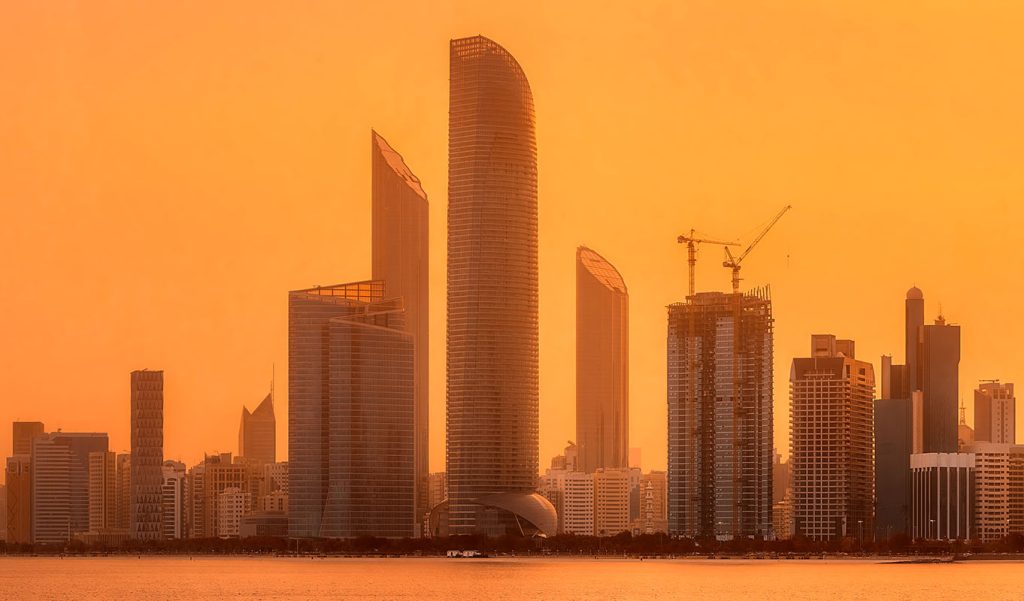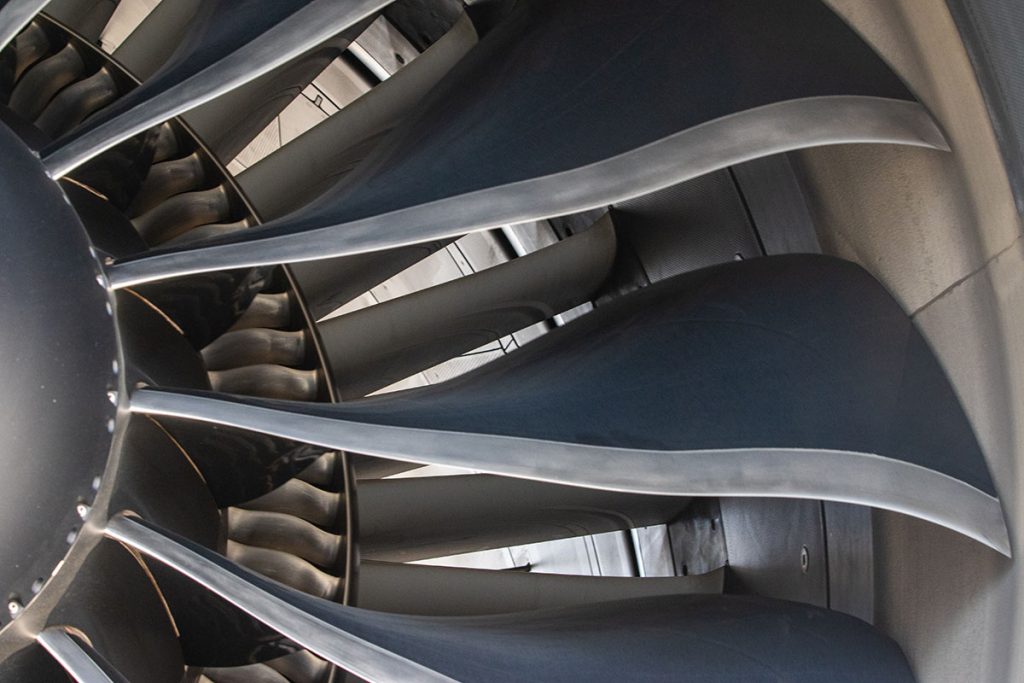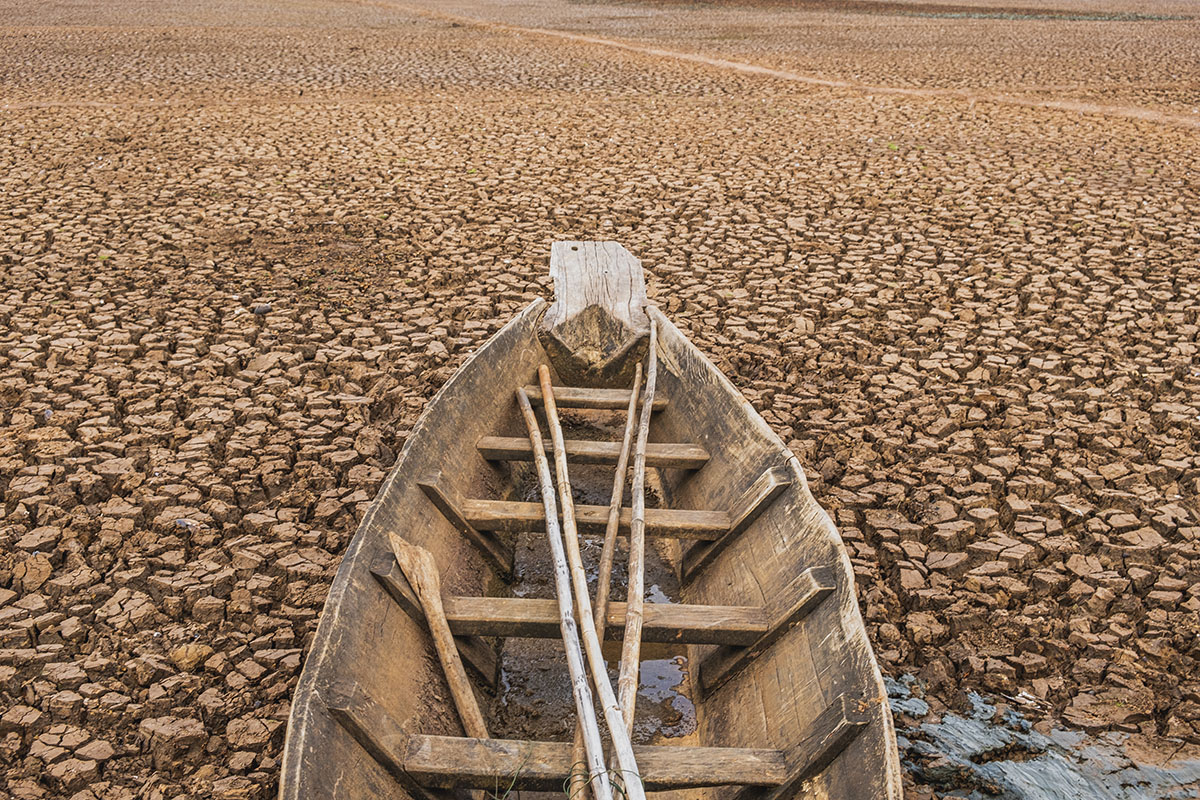Advancing sustainability and security through research and teaching
Khalifa University is putting the emphasis on water and environment in its latest strategic priorities.
Soaring temperatures in the United Arab Emirates drive people to spend up to 95 percent of their time indoors, elevating the significance of air quality for public health compared with countries where citizens spend more time outside. Yet, understanding the factors influencing this indoor air quality—and how it relates to the conditions outside—is far from clear.
“Most of our time is indoors and little has been done about indoor air quality, which is of course affected by the outdoor air quality, but the link is not clear,” says Diana Francis, an atmospheric scientist and head of the Environmental and Geophysical Science Lab at Khalifa University in Abu Dhabi. One uncertainty, for example, is the impact of desert dust particles mixed with pollutants on the lungs—and how this might be affected by climate change.
Studies suggest an alarming increase in dust storms in the Middle East, due to climate and human activities. Lakes across the region face the twin threats of drought and too much water being used by local industry and agriculture.
“All this research will be developed further under the umbrella of a secure society, because it will help determine whether society is secure and sustainable.”
Diana Francis
“Dried lakes are a very important source of atmospheric dust because the particles at the surface are not compacted and can easily be eroded,” Francis says. This can increase the risk of severe health effects, as dust irritates the lungs and can trigger allergic reactions and asthma attacks. In susceptible people, these events can be serious.

Addressing dust damage
Beyond health concerns, dust can affect the efficiency and lifetime of airplane engines. A better understanding of the different interactions at play would help in building more resilient and energy-efficient engines. Topics such as this are part of Khalifa University’s refreshed academic strategy, which focuses on key priorities that affect the region.
“One of those overarching topics is sustainability and secure society, under which there will be water and environment,” Francis explains. “It means this will be taken into account in the new projects, partnerships and collaborations with the private sector and with other universities.”
Other strategic topics that KU academics will focus on include artificial intelligence, advanced materials and health. Both teaching and research at the university will align with these new priorities, Francis says. “It’s very important to have this clear direction from the university leadership so that attention can be directed into these different activities.”

Developing a wider international reach
While the initial focus remains on regional issues, KU’s research could develop a broader international impact through strategic partnerships and projects with overseas partners.
Interdisciplinary collaboration will be pivotal, particularly in areas such as climate change. For example, research on new materials used for renewable energy will depend on studies that forecast how the weather conditions will change. In return, new materials can be used to help filter air and provide clean water, which is important in environmental influences on health and, in turn, a sustainable society.
“It’s very important to have this clear direction from the university leadership so that attention can be directed into these different activities.”
Diana Francis
Similarly, climate change can create new hotspots for vector-borne diseases. Being able to accurately predict these changes can help safeguard the population from their spread.
“We are looking to expand horizontally with themes that run across the different strategic priorities,” Francis says.
The change in emphasis is already shaping research at KU. Francis is keen to explore how climate change will affect the UAE, which as a coastal state is vulnerable to sea-level rise. She is also interested in how some environmental conditions will become more extreme, and the wider impacts this might have.
“All this research will be developed further under the umbrella of a secure society, because of course, it will help determine whether society is secure and sustainable,” Francis explains.




